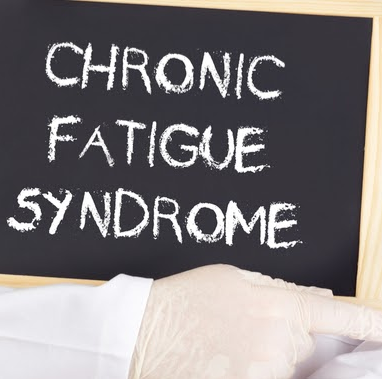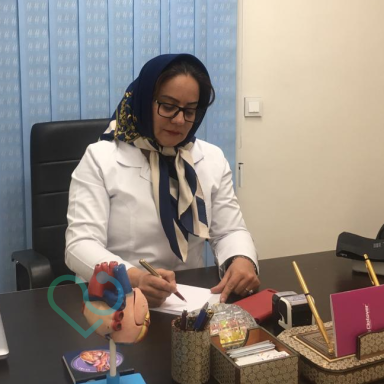Chronic Fatigue Syndrome (CFS) is a complex disorder characterized by extreme fatigue lasting at least six months. This fatigue significantly interferes with daily activities, worsens with physical or mental exertion, does not improve with rest, and cannot be explained by an underlying medical condition. Individuals with CFS often experience poor sleep quality, concentration issues, and difficulty performing tasks. When changing positions (e.g., sitting to standing), they may feel dizzy or have rapid heartbeats. The exact cause of CFS is unknown but may involve viral infections, stress, or a combination of factors.
CFS affects women aged 40–50 more commonly but can occur at any age. There is no known cure; current treatments focus on symptom relief.
Causes of Chronic Fatigue Syndrome
The exact cause of CFS remains unclear. Possible contributing factors include:
- Viruses
- Weakened immune system
- Stress
- Hormonal imbalances
Some viral infections possibly linked to CFS include:
- Epstein-Barr Virus (EBV)
- Human Herpesvirus 6 (HHV-6)
- Ross River Virus (RRV)
- Rubella Virus
Bacterial infections, such as *Coxiella burnetii*, may also play a role. Individuals with severe infections from EBV, RRV, or *C. burnetii* are at higher risk of developing CFS.
Symptoms of CFS
Common symptoms include extreme fatigue that interferes with daily life and lasts at least six months. Additional symptoms are:
- Post-exertional malaise (PEM)
- Memory loss and difficulty concentrating
- Orthostatic intolerance (dizziness when standing)
- Muscle pain, joint pain, and headaches
- Recurring sore throat
- Swollen lymph nodes
Diagnosing CFS
CFS diagnosis is challenging due to the absence of a specific test. Physicians must rule out other potential causes of fatigue, such as:
- Mononucleosis
- Lyme disease
- Multiple sclerosis
- Lupus
- Hypothyroidism
- Fibromyalgia
- Major depressive disorder
- Severe obesity
- Sleep disorders
Treatment for CFS
No definitive treatment exists. Management includes symptom relief:
- Activity pacing to balance rest and activity
- Lifestyle adjustments, such as limiting caffeine and alcohol
- Establishing regular sleep schedules
Medications
Medications may address specific symptoms:
- Antidepressants for mood and sleep improvement
- Pain relievers for joint or muscle pain
- Sleep aids, if necessary
Alternative therapies like acupuncture, yoga, and massage may also help alleviate symptoms, but consult a doctor before starting any new treatments.
Sources: Healthline, Mayo Clinic, WebMD












Our Customers' Comments
No comments registered